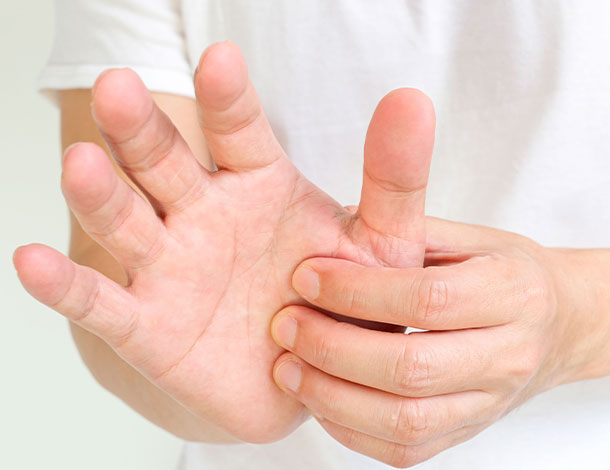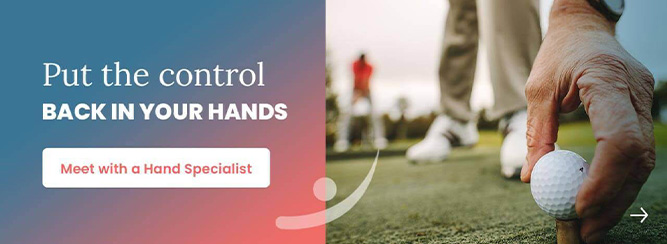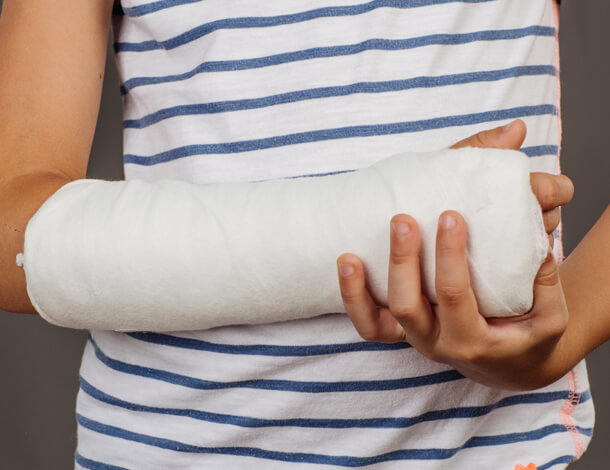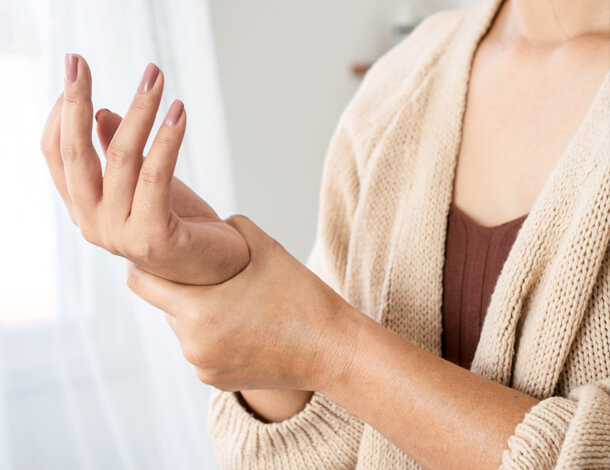What Skier’s Thumb Feels Like and When to See a Doctor for Help

Also referred to as gamekeeper’s thumb, skier’s thumb is a common injury that causes pain and inflammation in the thumb and hand.
In this blog article, we’ll discuss skier’s thumb symptoms, reveal who’s at risk, and explain how it’s treated to relieve pain so you can get normal function back in your thumb and hand.
What Is Skier’s Thumb?
Skier’s thumb is an injury to the ulnar collateral ligament that connects the bones of your middle thumb joint or the metacarpophalangeal (MP) joint.
Your MP joint is located at the mid-portion of your thumb on the index finger side and keeps your thumb stable when you pinch or grasp things. When the ligament gets stretched or torn, it causes pain and limits thumb function.
What Causes It?
This stretching or tearing of the ligament can happen when your hand is outstretched and your thumb is hyperextended (bent back too far away from your fingers) or pushed away from the small finger.
The injury’s name—skier’s thumb—came about because skiers often brace themselves around their skiing poles during falls. According to research by the Wilderness Medical Society Journal, thumb injuries like this comprise between 7–10% of all skiing injuries.
While this injury is often associated with skiing, it’s also common in many sports and can be caused by any accident or activity that overextends the thumb.
Symptoms of Skier’s Thumb
The most common signs you might have skier’s thumb include:
- Pain
- Swelling
- Bruising/Redness
- Difficulty Pinching, Squeezing, or Grasping Objects (e.g., Turning a Doorknob or Key)
- Bump or Lesion Near the Base of Your Thumb
These symptoms will most often occur in and around your thumb, but in more severe cases, you might also experience them throughout other areas of your hand.
How to Treat Skier’s Thumb
A hand specialist can do an examination and provide a proper skier’s thumb diagnosis.
They will ask you about your medical history and how the injury occurred. Then, your hand specialist will physically examine your thumb and hand to assess how well the ligaments are functioning. They may order some imaging tests like an X-ray or MRI to check for fractures or ligament tears.
It’s essential to see a hand specialist as soon as possible to examine your injury and receive any necessary treatment. If your injury doesn’t heal properly, it could become a chronic condition and cause long-term pain, instability, or weakness in the thumb, fingers, hand, or wrist.
If you’ve been diagnosed with this injury, your specialist may recommend a combination of conservative treatment options, including:
- Rest, Ice, Compression, and Elevation (RICE)
- Non-Steroidal Anti-Inflammatory Drugs (NSAIDs)
- Prescription Pain Relievers
- Splint or Brace
- Occupational Therapy
When Surgery Is Needed
If you have a complete ligament tear or damage to other tissues and bones, your specialist may recommend surgery to repair it. Ligament tears are typically repaired by reattaching the ligament to the bone during an outpatient procedure.
If a fracture has occurred, the surgeon may use hardware to hold the bone fragment in place.
Early recognition and treatment are important as ligament repairs are only possible for a short period, after which rebuilding or reconstructing the ligament with tissue from other body parts is typically required.
Your surgeon will most likely recommend occupational therapy to rehabilitate your hand after surgery. The therapist will prescribe exercises to help increase your range of motion and strengthen your thumb, hand, and wrist.
You may also need to wear a cast or splint for a few weeks while your injury heals.
Trust the Hand Experts at IHTSC
For over 50 years, Indiana Hand to Shoulder Center has provided complete care for shoulder, wrist, elbow, and hand injuries, disorders, and conditions.
If you think you may be experiencing symptoms of skier’s thumb, IHTSC’s experienced team of hand surgeons, advanced practice providers, and prominent hand therapists can help.
Call us at (317) 751-5904 to schedule an appointment with a hand doctor who treats skier’s thumbs and other wrist and hand problems.

You Might Also Like:
Disclaimer: The materials on this website have been prepared for informational purposes only and do not constitute advice. You should not act or rely upon any medical information on this website without a physician’s advice. The information contained within this website is not intended to serve as a substitution for a thorough examination from a qualified healthcare provider. The display of this information is not intended to create a health care provider-patient relationship between the Indiana Hand to Shoulder Center and you.



